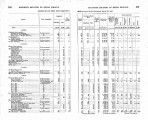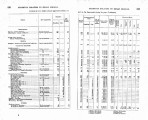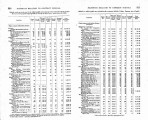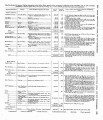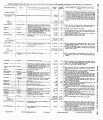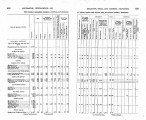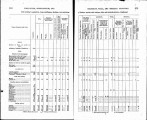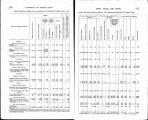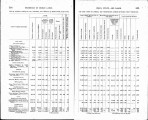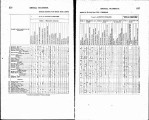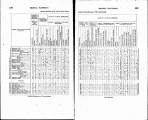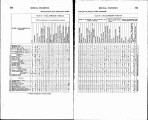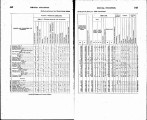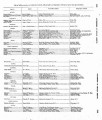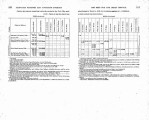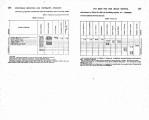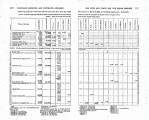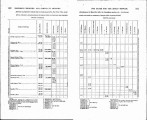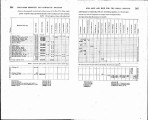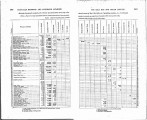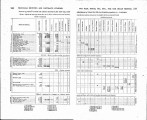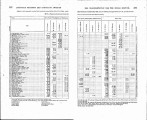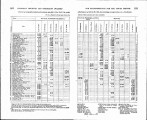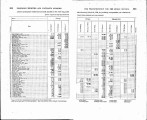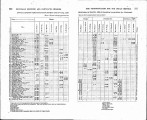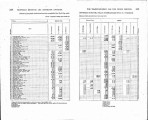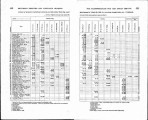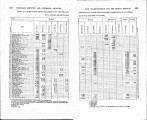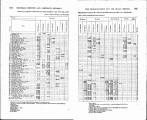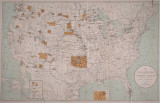| OCR Text |
Show 72 REPORT OF THE COMMISSIONER OF INDIAN AFFAIRS. tion had been served on him which he had refused to obey, and that; when he refused to surrender, an attachment was issued for him. Ootober 28, 1887, the 'Secretary of War informed the Department of the Iu-terior that the commanding general hba been instruoted to desist from declining to obey the writ anti1 the question of jurisdiction should be determfned by the Federal courts. October 29, 1887, the Secretary of War inclosed a telegram from General Howard, inquiring whether he shouldleave Captain Shaw to be arrested and imprisoned at the call of the trespassers, who have no rights whatever, in obedience to the orders of the local courts, and also asking that he and Captain Shaw be sustained. The Secretary of War requested advice as to what, action was then needed to be taken by his Department. November 4,1887, report was made by this Office upon the foregoing facts, in which the following conclusion was reached : In the preaent aspect of the case, I do not nee that any further action on tho part of this Department is praotioable, at least until the injunction has been dissolved, andI' therefore have the honor to recommend that oopie? of the papers be aubmitted to the Attorney-General, with the reqnest that they he forwarded to the district attorney, with instrootions to nse every possible legal remedy to oust these parties md carreot the extraordinary snd disgrscsful state of affairs at RouodValley, whioh has so long been a reproaoh upon all who are responsible far its cootinusuoe. November 19,1887, the Secretary of War transmitted a telegram from General Howard, stating that injnnotions against Capbin Shaw and himself had been transferred to the United States circuit court, and sug-gesting that as there was likely to be long delay before a decision would be had, the troops be withdrawn until next spring. November 29,1887, , report was made that in view of the fact that the matter was pending in the United 'States courts, and that the agent had been instrooted , by the district attorney to stay all proceedings, it was not seen how the military could accomplish any good by remaining on the reservation. . . Thusended the second attempt to regain possession of the reservation by military force. The second attempt through the courts seems likely to result in a similar failure, if it has not already done so. In a report dated October 7, 1887, District Attorney Carey referred to the injunction proceedingst and said : I t is simply disgraceful that the conditionof affairsat that,reservati'on hasnot been broken np and stoppen long ago. The aut,hority of the Government is delied, and the rights of the Indians absolutely ignored. It ia tme there are oomplioations about the matter, snd legal impediments in the way of ejecting some of the trespassers, perhaps unmber df them, and were they bonafide settlers who settled for the pnrpoae, and with the view of pnrohwiog the lands undar the puhlio land laws of the United States, it would be quite another \ matter; hut the fact is, and well known and understood to he, that they had no other purpose in view than to usurp dominion over Urge treots of pnblio domain with the object of pasing their atoak, and to maintain their tlomioion build a ooml or cabin here and there. The attempt of the aet of March 3, 1873, to extend the Boundaries of this reser- |









































































































































